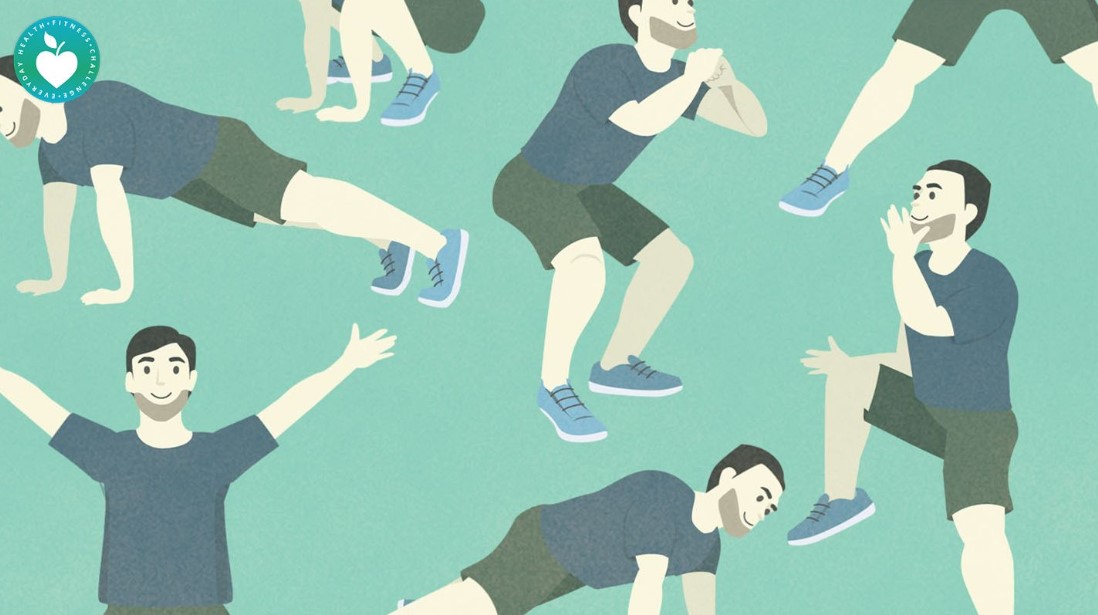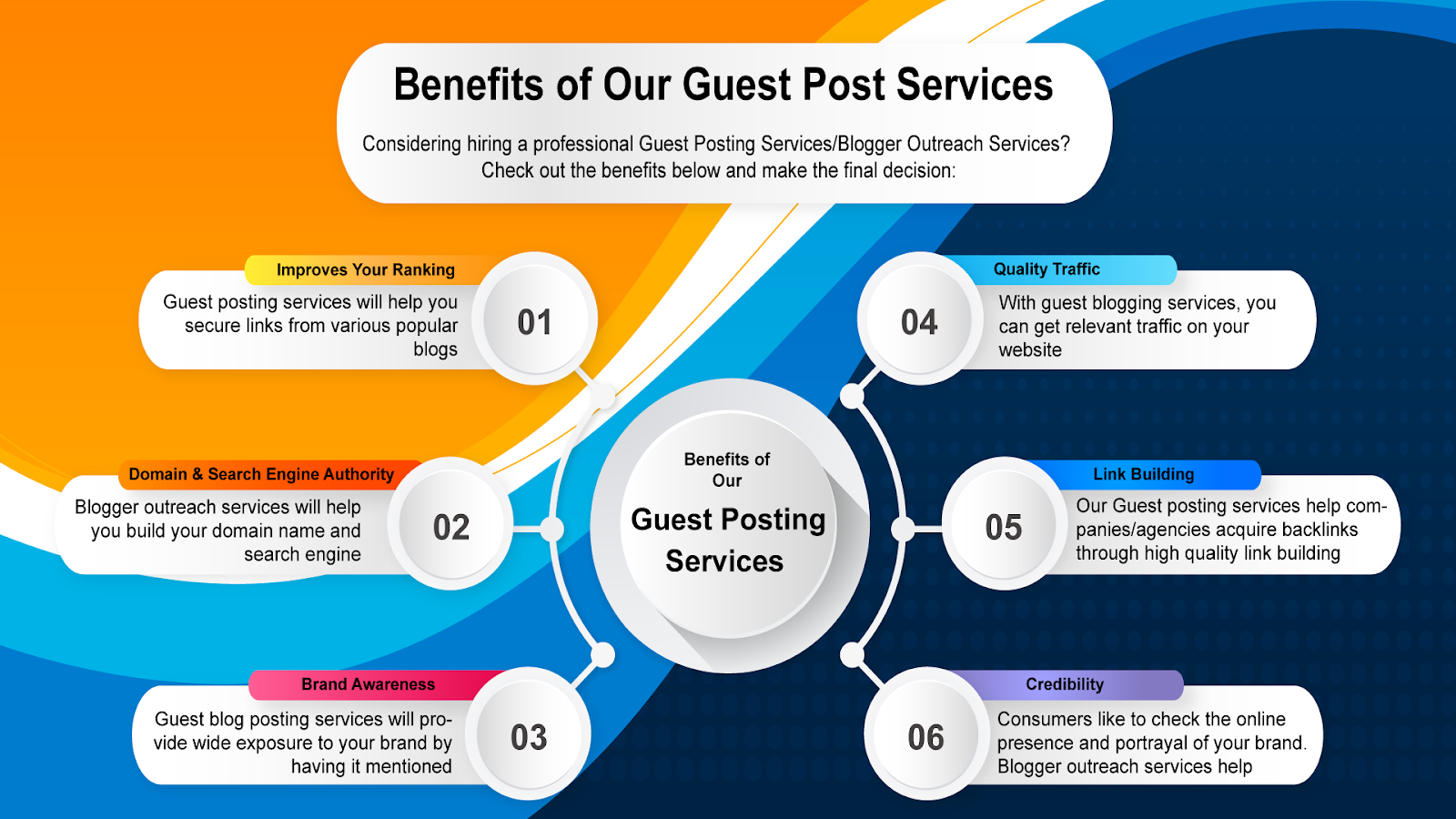In today's fast-paced world, maintaining good health and fitness is crucial for a longer and happier life. At 'Fitness Tips For Life,' we understand that staying fit is not just a short-term goal but a lifelong commitment.
That's why our comprehensive collection of fitness tips is specifically designed to provide you with sustainable practices that you can adopt for life.
Regular exercise, a balanced diet, and adopting healthy habits can greatly contribute to our overall well-being. In this article, we will explore effective fitness tips that can help you lead a fulfilling and energetic life.
1. The Importance of Regular Exercise
Regular exercise forms the foundation of a healthy lifestyle. It improves cardiovascular health, strengthens muscles and bones, enhances flexibility, and boosts overall mood and well-being. Engaging in physical activities such as walking, jogging, swimming, or cycling for at least 30 minutes a day can significantly improve your fitness levels.
2. Incorporating Strength Training
Strength training exercises help build muscle mass, increase metabolism, and improve bone density. Including activities like weightlifting, resistance training, or bodyweight exercises in your fitness routine can enhance your overall strength and endurance.
3. Cardiovascular Exercise for a Healthy Heart
Cardiovascular exercises, also known as aerobic exercises, are essential for maintaining a healthy heart. Engaging in activities like running, dancing, or participating in sports not only improves cardiovascular fitness but also helps in weight management and reduces the risk of chronic diseases.
4. Flexibility and Balance Exercises
Flexibility and balance exercises promote joint mobility, prevent injuries, and improve posture. Incorporating activities like yoga, Pilates, or tai chi into your fitness regimen can enhance flexibility, balance, and body awareness.
5. The Role of Nutrition in Fitness
A balanced and nutritious diet plays a crucial role in maintaining overall fitness. Focus on consuming a variety of fruits, vegetables, lean proteins, whole grains, and healthy fats. Avoid processed foods, sugary snacks, and excessive alcohol consumption. Consult a registered dietitian for personalized dietary recommendations.
6. Hydration for Optimal Performance
Staying hydrated is essential for optimal physical performance. Drink an adequate amount of water throughout the day, especially during and after exercise, to replenish lost fluids. Proper hydration supports digestion, nutrient absorption, and detoxification.
7. Rest and Recovery
Rest and recovery are as important as exercise itself. Allow your body enough time to rest and repair. Aim for 7-9 hours of quality sleep each night. Additionally, incorporate rest days into your exercise routine to prevent overtraining and reduce the risk of injuries.
8. Mind-Body Connection
Developing a strong mind-body connection is key to achieving overall well-being. Practices like meditation, deep breathing exercises, or mindfulness can help reduce stress, increase self-awareness, and promote mental clarity.
9. Setting Realistic Goals
Setting realistic fitness goals is crucial for long-term success. Define specific, measurable, attainable, relevant, and time-bound (SMART) goals that align with your aspirations and capabilities. Break them down into smaller milestones to track progress and stay motivated.
10. Staying Motivated
Maintaining motivation can be challenging, but it is essential for a consistent fitness routine. Find activities you enjoy, vary your workouts, track your progress, reward yourself for achievements, and surround yourself with supportive individuals who share similar health and fitness goals.
11. Creating a Supportive Environment
Creating a supportive environment is instrumental in sustaining a healthy lifestyle. Engage in physical activities with friends or family members, join fitness classes or groups, or seek the guidance of a personal trainer to stay motivated and accountable.
12. The Benefits of Outdoor Activities
Taking your fitness routine outdoors can provide numerous benefits. Fresh air, natural scenery, and exposure to sunlight can enhance mood, increase vitamin D levels, and improve overall mental well-being. Consider activities such as hiking, biking, or outdoor sports to add variety to your exercise regimen.
13. Managing Stress Levels
Chronic stress can negatively impact both physical and mental health. Incorporate stress management techniques like regular exercise, mindfulness, engaging in hobbies, or seeking professional help if needed. Find healthy ways to cope with stress and prioritize self-care.
14. Quality Sleep for Better Health
Adequate sleep is vital for overall health and fitness. Create a relaxing bedtime routine, maintain a consistent sleep schedule, and ensure your sleeping environment is conducive to restful sleep. Quality sleep improves cognitive function, enhances muscle recovery, and supports a strong immune system.
15. Incorporating Fitness into Daily Life
Make fitness a part of your daily routine by incorporating physical activity into your everyday life. Take the stairs instead of the elevator, walk or bike to nearby destinations, or engage in active hobbies like gardening or dancing. Small lifestyle changes can have a significant impact on your fitness levels.
Note: Prioritizing fitness in your life is a proactive step towards a longer and happier life. By following the fitness tips mentioned in this article, you can improve your overall well-being, boost your energy levels, and enjoy the benefits of a healthy and active lifestyle.
FAQs
1. How often should I exercise to maintain good fitness?
Aim for at least 150 minutes of moderate-intensity aerobic exercise or 75 minutes of vigorous-intensity aerobic exercise per week, along with strength training activities twice a week.
2. Can I lose weight by exercising alone?
Exercise plays a crucial role in weight management, but it should be complemented with a balanced diet for optimal results.
3. Are there any age restrictions for starting a fitness routine?
Fitness is for everyone, regardless of age. Consult with a healthcare professional before starting any new exercise program, especially if you have pre-existing medical conditions.
4. How can I stay motivated to exercise regularly?
Find activities you enjoy, set achievable goals, track your progress, and surround yourself with a supportive community. Also, remember to celebrate your accomplishments along the way.
5. Can I improve my fitness without going to the gym?
Absolutely! There are numerous ways to stay fit outside the gym, such as outdoor activities, bodyweight exercises, home workouts, or joining fitness classes in your community.











